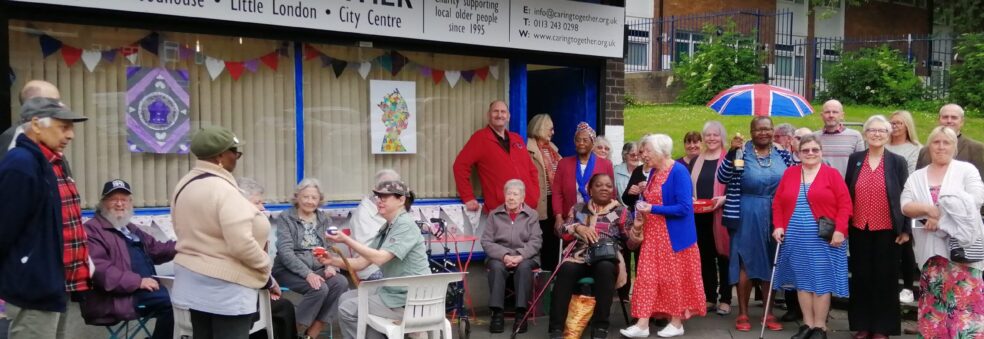Dear all,
My partner Lynne and I have spent much of our semi-lockdown time doing crosswords, which daily end up in the bin. If we did tapestry or origami, we would at least have something to show to people, even if people didn’t want to be shown it.
Ah, people say, but at least you’re keeping your mind active, as if crosswords were the equivalent of visits to the gym, which they are not because if they were, we would be both be leaping around like Fatima Whitbread.
I’m not sure that crosswords are even very useful as mental exercise. Many very good minds have been destroyed by dementia and it seems rather cruel to suggest it’s partly the victims’ fault; that spending more time on crosswords or sudoku would have averted the tragedy.
But that’s not the real purpose of crosswords anyway. They are, like jigsaws or taking a nap, a way of putting the demands of the world to one side for a while – actually quite a long while in lockdown conditions.
Crossword puzzlers have nothing to worry about except a small grid and 26 letters. It’s a bit like a mindfulness exercise, but without the therapeutic pretentions, and, unlike many leisure activities – sport, TV cookery, beard-growing or discussing your children, for example – it’s thoroughly non-competitive.
During my decades working for the Yorkshire Post Newspapers, many of my colleagues spent much of their time between their paid duties trying to complete the Guardian cryptic crossword, which, in the nature of daily journalism, was easier on some days than others and had to be abandoned completely during the Twin Towers attack.
At the end of the working day, if we had the time, we might discuss our efforts to complete the crossword, although there were no prizes, just the mutual satisfaction we took in a good clue meeting a good solution – for example, a recent Guardian clue was ‘Very much affected, as are one’s neighbours (6,7)’, and the answer was, ‘Beside oneself’, which, unless you’re brighter than me, only becomes obvious when you know it.
Crossword-doers seldom join clubs but they are united by some unwritten rules. They know, for example, that the word ‘flowers’ can refer either to blooms, like roses, or to things that flow, like the River Euphrates (or the River Superheat, as it’s known to people who can’t resist anagrams).
And, outside the rather small world of ecclesiastical architecture, it’s mostly crossword fillers-in who know the word ‘raredos’, meaning a sort of ornamental altar screen. Crossword compilers use it a lot, although, despite spending most of my life trying to get inside their brains, I still have no idea why.
Wonderful Oliver, thank you once again, until next time…..

